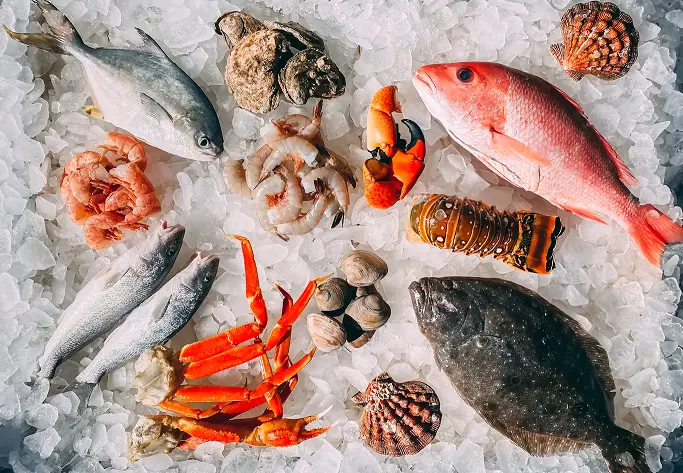According to new customs data released on Monday, China’s imports of seafood from Japan plummeted by over two-thirds in August after Beijing banned the import of marine products from Japan amid fears over radiation in Japan’s seawater.
Last month, seafood shipments from Japan were down 67.6% year-on-year, as the decline in imports accelerated from July’s 28.5%.
China announced the ban on imports of all seafood from Japan, in response to the decision by Japan to begin discharging treated radioactive wastewater from the damaged Fukushima nuclear power plant into the ocean on August 24th.
China began tightening its inspections of shipments of Japanese marine products for radioactive materials in early July, which led to goods being held up in customs for weeks. As a result, exports of fresh fish, which cannot be sold if their freshness has faded, have as a result, become all but impossible.
China has repeatedly condemned any release of wastewater from Fukishima, calling the water, “nuclear-contaminated” and saying that releasing it is “extremely selfish and irresponsible.”
China was the largest importer of Japanese seafood, with total purchases in 2022 of $496 million. According to the Japanese statistics office, the nation also imported another $370 million in crustaceans and mollusks, including crabs and scallops last year.
In total, last month China imported 149.02 million yuan ($20.43 million) of seafood from Japan.
In 2011, the Fukushima nuclear power plant suffered a catastrophic meltdown following a 9.0 magnitude earthquake and ensuing tsunami. The nuclear disaster was the worst the world has seen going back to the 1986 accident at the Chernobyl nuclear power plant.


